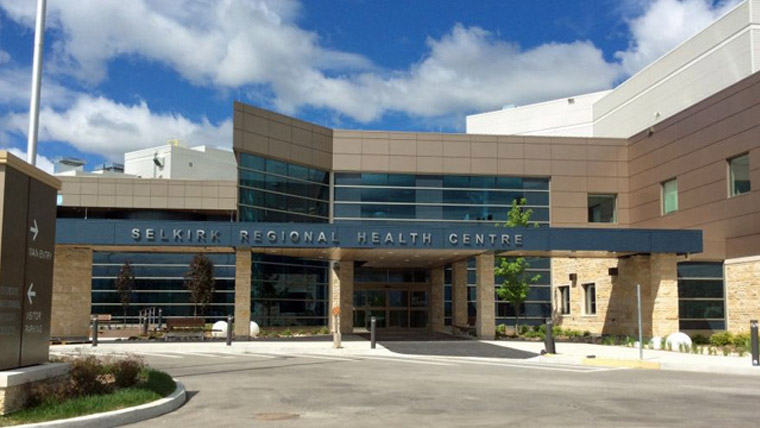A new surgical program at Selkirk Regional Health Centre (SRHC) launched by the Manitoba government has completed 399 hip and knee joint replacements as of Oct. 16, nearly half of its target of 800.
“This investment is about helping more Manitobans live free of pain so they can get back to what they love,” said Health, Seniors and Long-Term Care Minister Uzoma Asagwara. “Too many Manitobans have had to wait a year or more for a relatively simple hip or knee replacement, but we are helping the ‘long waiters’ by investing in the Selkirk program. We’re seeing progress as our waitlist drops, but we know we have to keep going.”
In March, the Manitoba government launched a new outpatient program at SRHC to provide hip and knee surgeries, investing $5.7 million to add staff and expand operating space. It aimed to provide 800 surgeries within the first fiscal year. Performance data shows the facility is on pace to meet its target by the end of March 2026, the minister noted. The number of people who came off the provincial hip and knee waitlist accelerated from 104 in February to 378 in June.
There are now more people coming off Manitoba’s hip and knee waitlist than being added to it, noted the minister. In September 2024, the waitlist grew by 167 patients. This September, the waitlist reduced with 213 patients getting their surgeries. The waitlist has consistently declined since the start of 2025, with hundreds of people coming off the list each month.
“This program is the first of its kind for orthopedic surgery, representing a true collaboration between the local surgical team in Selkirk and Winnipeg,” said Dr. Ed Buchel, provincial surgery specialty lead, Shared Health. “This partnership has been impactful for both patients and staff. By adding 800 surgeries, about 11 per cent of the roughly 7,000 joint replacement cases in Manitoba, we are taking a major step toward reducing the wait list and helping people access care within recommended timelines. We are already seeing the number of people waiting for surgery going down, and the length of time they wait decreasing.”
In addition to funding more hip and knee surgeries, the Manitoba government increased access to care in the Interlake–Eastern region by adding a 15-bed transitional care unit, 30 fully staffed medicine beds, and funding seven-days-a-week discharge at the SRHC. Construction is underway on a new 95-bed personal care home in Lac du Bonnet, while design work is being finalized to move forward with a 60-bed personal care home in Arborg.
The Manitoba government is also designing a 90-bed expanded personal care home in Winnipeg’s Transcona neighbourhood.
“I didn’t expect to be the first hip replacement after the expansion, but then in March I got the call. I was booked, just like that,” said Ronald Borecky, Selkirk patient. “I can’t tell you what a relief it was because I can’t imagine sitting for months waiting for a surgery date, wondering when it will happen. Everything went smoothly from the moment I walked in. The doctor and nurses were kind, they explained everything, and the hospital looked impressive. I couldn’t believe I walked out of the hospital hours after my operation. It felt like I was in good hands the whole way through.”
The Manitoba government has added 3,400 net new health-care workers to the province’s health system since October 2023, including 285 physicians and more than 1,100 nurses.





